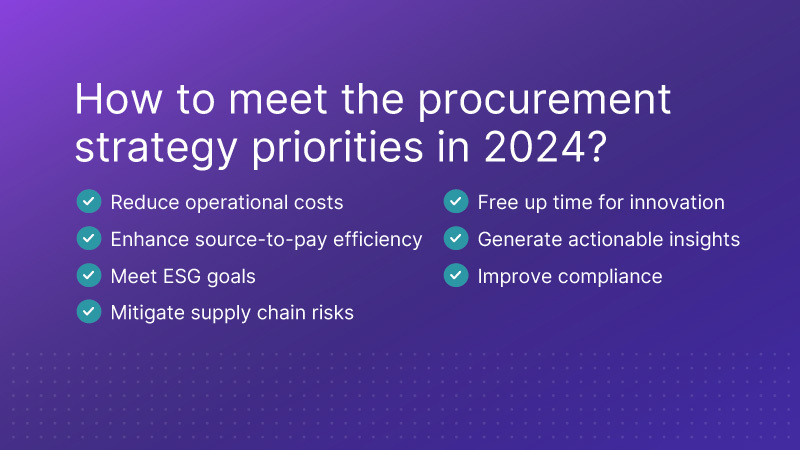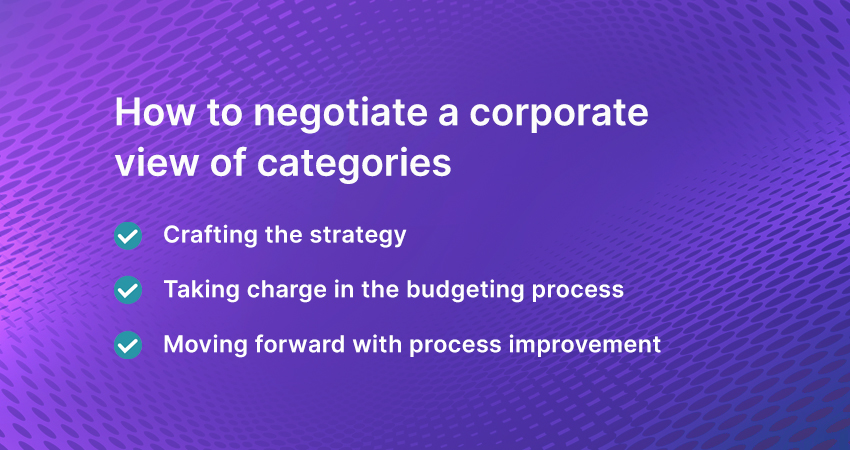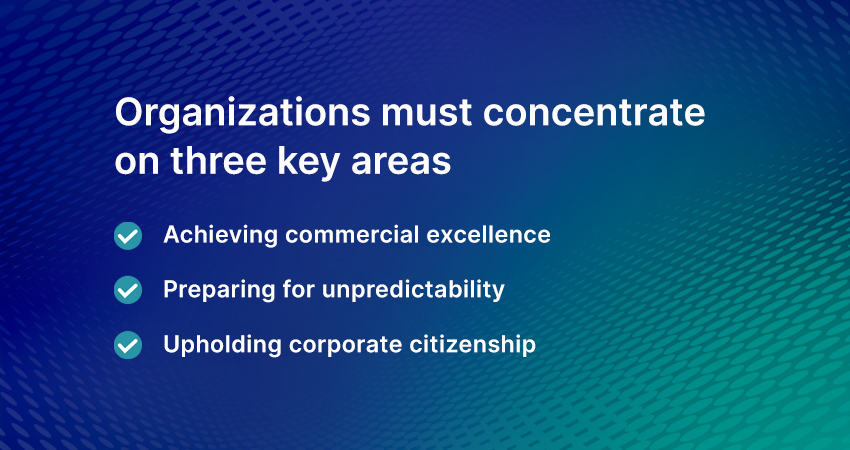
Interview: The Pandemic Has Accelerated the Need for Demand Management


(Pic Courtesy: Jeremy Fry)
The coronavirus disease (COVID-19) pandemic has shifted the focus back to Demand Management, a concept that has been around for many years but has not received much attention from Procurement teams, both big and small.
While it is relatively easy to explain Demand Management within the framework of a company’s supply chain, it is not easy to implement it in practice, given the many complexities involved.
Jeremy Fry, a Demand Management expert at the Belgian advanced materials and specialty chemicals company Solvay, seeks to balance the demand arising within the group’s worldwide business, especially given the challenges posed by the COVID-19 pandemic.
A year after his Interview with Procurement Espresso, Beroe spoke to him again to ask whether it is time for companies to start adopting Demand Management practices.
“The pandemic has certainly accelerated this agenda, because securing free cash flow has become even more important than before to avoid jeopardizing a company’s financial performance,” Jeremy told Beroe in an exclusive interview.
The COVID-19 pandemic continues to wreak havoc across the globe, with many countries in Europe experiencing what appears to be the beginning of the “second wave” of infections. For its part, India has been particularly hit hard - total infections have crossed 6 million with no clear end in sight.
The pandemic has led to a widespread economic shutdown, affecting businesses on an unprecedented scale, and leading to fears of a cash crunch.
While the economic outlook and financing conditions continue to improve in fits and starts after global central banks unleashed historic liquidity facilities, there is a real risk of governments reimposing local restrictions that may yet again impact business performance.
For many organizations, cash gains came via inexpensive debt, factoring, or other external financing initiatives, rather than through a structural process or organizational changes designed to optimize working capital, according to the Hackett Group’s latest annual Working Capital Study.
Companies continue to have nearly $1.2 trillion tied up in working capital. Furthermore, several key working capital metrics deteriorated last year. The only noted improvement was in days payable outstanding (DPO), where the gap between median and top-quartile organizations closed to an extent. Moreover, according to the Hackett study, companies are moving to align sales, general, and administrative costs with revised revenue projections.
Amidst all this uncertainty, Jeremy believes Demand Management is a powerful lever to limit any unwarranted damage to a company’s finances.
He quoted Winston Churchill -- “Never waste a good crisis” -- to explain that the COVID-19 pandemic is an opportunity for Procurement Organizations to widely adopt Demand Management as it will help them identify and cut wasteful spend, while at the same time allowing them to ensure they do not slash expenditure on critical categories.
“That’s what needs to be done. Turn off the tap, take out the plug on unnecessary spend, and ensure that it does not happen again -- this is necessary to emerge stronger from a crisis,” he said.
Turn off the tap
Jeremy said that top-down decisions are quick fixes, but they are not sustainable in the long run. Banning consulting, recruitment, and travel helps the organization breathe for a while—however, the need of the hour is “discipline.”
“Spending on what really matters and setting the right budget for it must be the foremost task now,” he said.
Take out the plug
“More than ever, the crisis we are facing is a good time for reflection—basically, we need to slow down and come back to what is really essential. Whilst challenging new spend is key, challenging the existing expenditure is equally important.
The task for all of us is to optimize the use of our solutions and assets. We must rationalize what we have while suppressing everything that is obsolete and duplicate and costs money. Rationalizing assets—doing more with less—will help the organization focus and make better choices,” Jeremy said.
Ensure it does not happen again
He then spoke about the importance of playing by the rules.
“The organization really needs to be guided with a clear set of rules, best practices, and benchmarks. Creating playbooks helps the organization stick to the plan while avoiding landmines such as ‘maverick spend’. A playbook will also help avoid repeating the same mistake,” he said.
For example, the ROI of a project should outweigh the consulting fee by x, needs must be defined prior to buying a solution, and workplace packages should be defined by the job type.
Key success factors
Knowing why you are spending and on what you are spending is the first step toward developing discipline.
“As and when the crisis fades, we want to spend our money where it creates the most value. This can only be done by having dual accountability -- a budget owner who is challenged on the P&L outcome, and a category owner who is challenged on the category of spend across the company.
The combination of transparency as well as dual ownership will pave the way for healthy debates on determining necessary and unnecessary spends. A robust debate, rather than an arbitrary budget cut, helps an organization build resilience for the rebound,” according to Jeremy.
The approach must be category-led
Jeremy believes that each category of spend has its own drivers and levers, but a common theme exists: recycle the money; customers do not pay for waste.
For example, in IT, if an application is underutilized, and if it has the same features as another application or if it is not considered a standard solution, it must be removed.
For spare parts, it is time to reconsider what you need to hold and maintain, or reduce and resell.
For external resources, the crisis pushes us to reconsider the capability required on-shore and off-shore.
For packaging, convince the final customer about reassessing configurations based on reduced supply chain costs.
Conclusion
Jeremy hinted that the task is easier said than done: “the lighter we are, the faster we will be. When rolling this out, you are running against the crowd.”
He remarked that the key is to shift from “business as usual” to optimize the spend quicker than ever before.
“Turning your spend data into actionable insight and focused initiatives is probably the best way to kick-start,” he concluded.
Related Insights:
View All
Get more stories like this
Subscirbe for more news,updates and insights from Beroe






